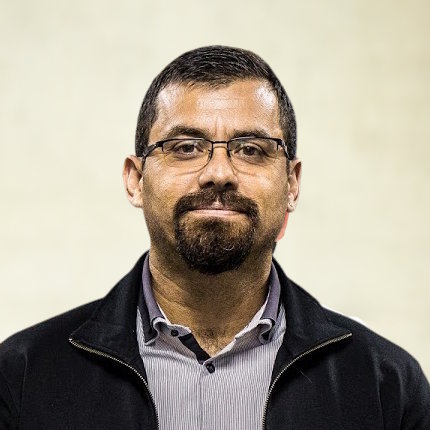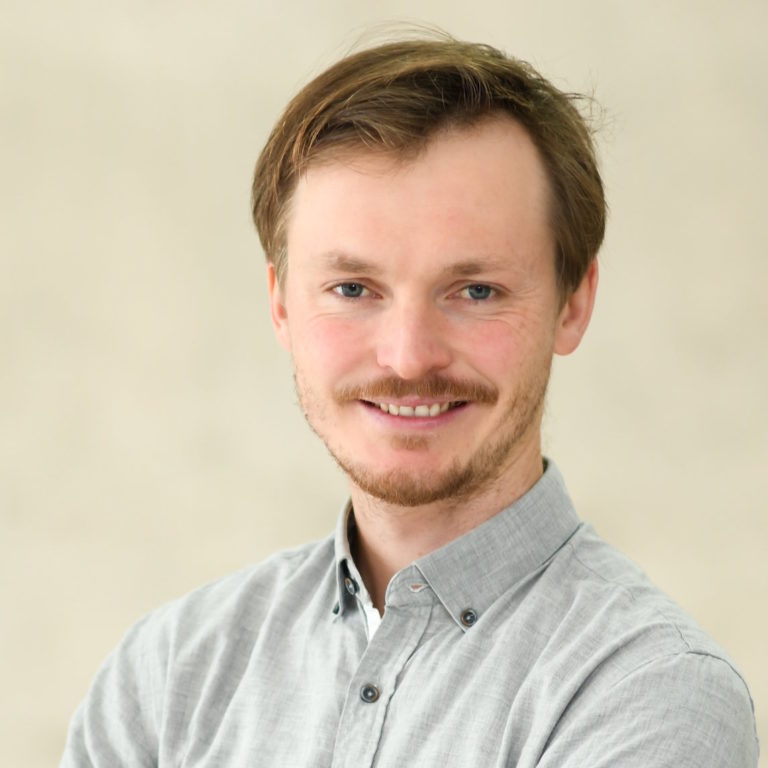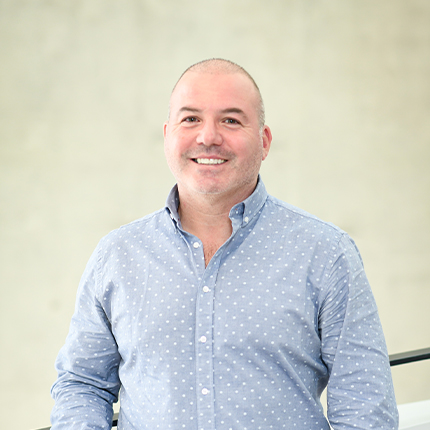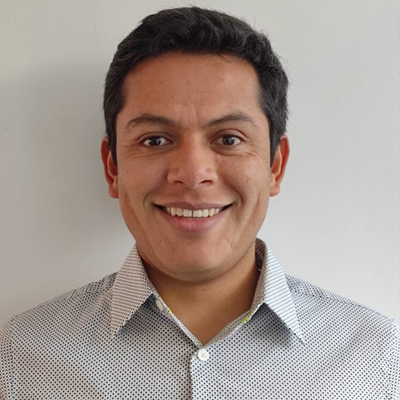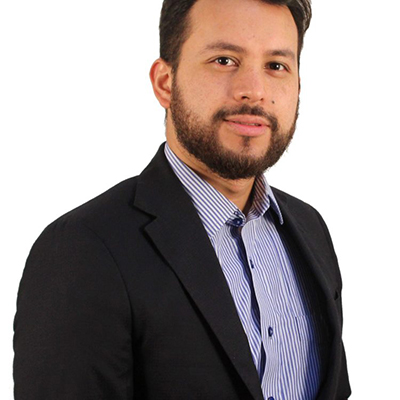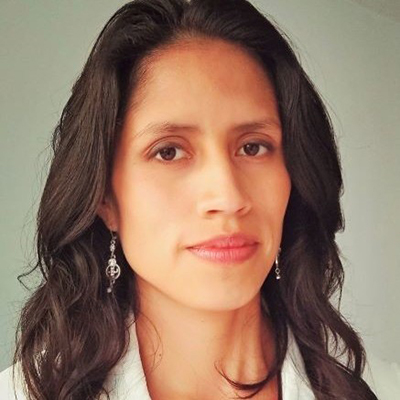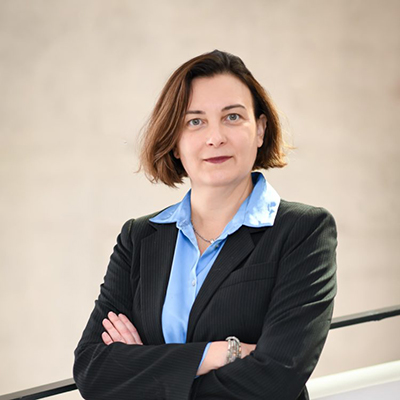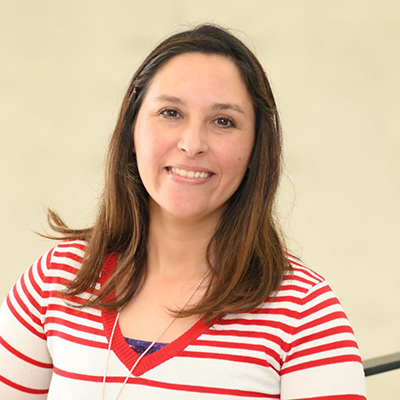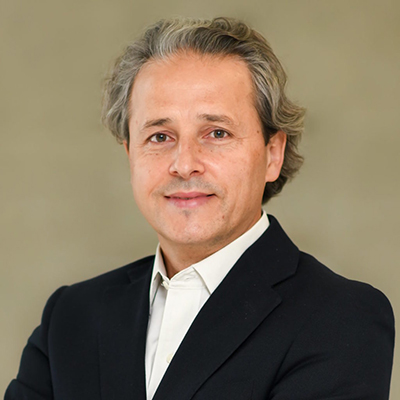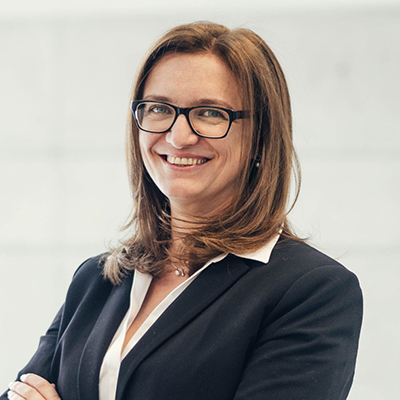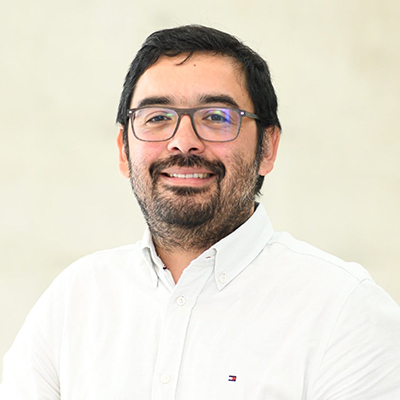En 2016, el Programa de las Naciones Unidas para el Medio Ambiente (PNUMA) alertó de que un aumento mundial de las epidemias zoonóticas era motivo de preocupación. En concreto, señaló que el 75 % de todas las enfermedades infecciosas nuevas en humanos son zoonóticas y que dichas enfermedades están estrechamente relacionadas con la salud de los ecosistemas.
«Con la COVID-19, el planeta ha enviado su mayor alerta hasta la fecha indicando que la humanidad debe cambiar», ha explicado la Directora Ejecutiva del PNUMA, Inger Andersen… (Leer más)
Fuente: https://www.un.org/
Investigadores
Biography
Felipe Vásquez Lavín (Ph.D.) is a tenured Professor at the School of Business and Economics at UDD in Concepción, Chile. His main research fields are related to Environmental Economics, Climate Change Economics, Water Resource Economics, and Choice Modelling.
Felipe has been working on understanding firms’ and consumers’ decisions related to environmental issues (consumption and production). This work has been published in top peer- reviewed journals such as the Journal of Environmental Economics and Management, Energy, Policy, and World Development. The solid multidisciplinary component of his research allows him to reach multidisciplinary journals like Water Resources Research, Scientific Reports, Conservation Letters, and Journal of Environmental Management. Felipe teaches undergraduate and graduate courses in econometrics with an emphasis on choice modeling.
In applied research, Felipe has been involved in several projects in water and sanitation, energy, and the food industry with private companies. He also has informed the public policy debate by participating in projects for the Chilean Ministry of Finance, Ministry of Economics, Ministry of Environment, Ministry of Energy, Ministry of Social Development, and the Ministry of Environment in Uruguay and Peru.
Furthermore, he has led several projects with international institutions such as the Organization for Economic Cooperation and Development (OECD), the International Development Bank (IDB), the Economic Commission for Latin America and the Caribbean (ECLAC), the International Development Research Center (IDRC), the Climate Vulnerable Forum (CVM) from the global Center of Adaptation (GCA) and the International Fund for Agricultural Development (IFAD).
Featured Publications
- Understanding the role of personal experiences and contextual variables in shaping risk reduction preferences. (2023) Vaccine. (accepted)
- Assessing the Use of Pseudo-Panels to Estimate the Value of Statistical Life. (2022). Applied Economics.
- Use of medical services: How sensitive are the results to different econometric models?. (2022). International Journal of Health Planning and Management.
- Assessing the socio-economic and land-cover drivers of wildfire activity and its spatiotemporal distribution in south-central Chile. (2022). Science of Total Environment.
- Diversifying Chile’s climate action away from industrial plantations. (2022). Environmental Science and Policy.
- Sensitivity of Water Price Elasticity Estimates to Different Data Aggregation Levels (2021). Water Resources Management.
- Estimating Discount Rates for Environmental Goods: Are People’s Responses Inadequate to Frequency of Payments? (2021). Journal of Environmental Economics and Management.
- Effective Targeting and Additionality. Evaluating the D.L. 701 Reforms for Afforesting Erodible Land in Southern Chile. (2021). Land Economics 10.3368/le.97.4.011520-0003R2
Biography
Tomás Santa María González (Ph.D.) is Assistant Professor the School of Business and Economics at UDD in Santiago, Chile. His main research fields are related to Corporate Sustainability, Sustainable Entrepreneurship, Business Model Innovation and Circular Economy. Tomas has been working on understanding the challenges, processes and facilitation of circular economy and sustainability-oriented innovation in private sector organizations. His work has been published in top peer-reviewed journals like Business Strategy and the Environment, Journal of Cleaner Production and Sustainable Production and Consumption. In Teaching, Tomás gives courses of business sustainability and general management at undergraduate and graduate levels.
He obtained his Ph.D. in Sustainability and Innovation Management at the Karl-Franzens- Universität Graz, and a MSc in Sustainability and Business at University of Leeds. Previous to his academic experience he worked in the beverage, tourism and salmon farming industries, and is the co-founder of an eco-tourism company.
Áreas de Investigación
- •Economía Circular
- •Negocios Circulares
- •Sustentabilidad
Featured Publications
- Framing and assessing the emergent field of business model innovation for the circular economy: A combined literature review and multiple case study approach. Sustainable Production and Consumption. (2021).
- How do incumbent firms innovate their business models for the circular economy? Identifying micro‐foundations of dynamic capabilities. (2022). Business Strategy and the Environment.
- The Circular Sprint: Circular business model innovation through design thinking. (2022). Journal of Cleaner Production.


